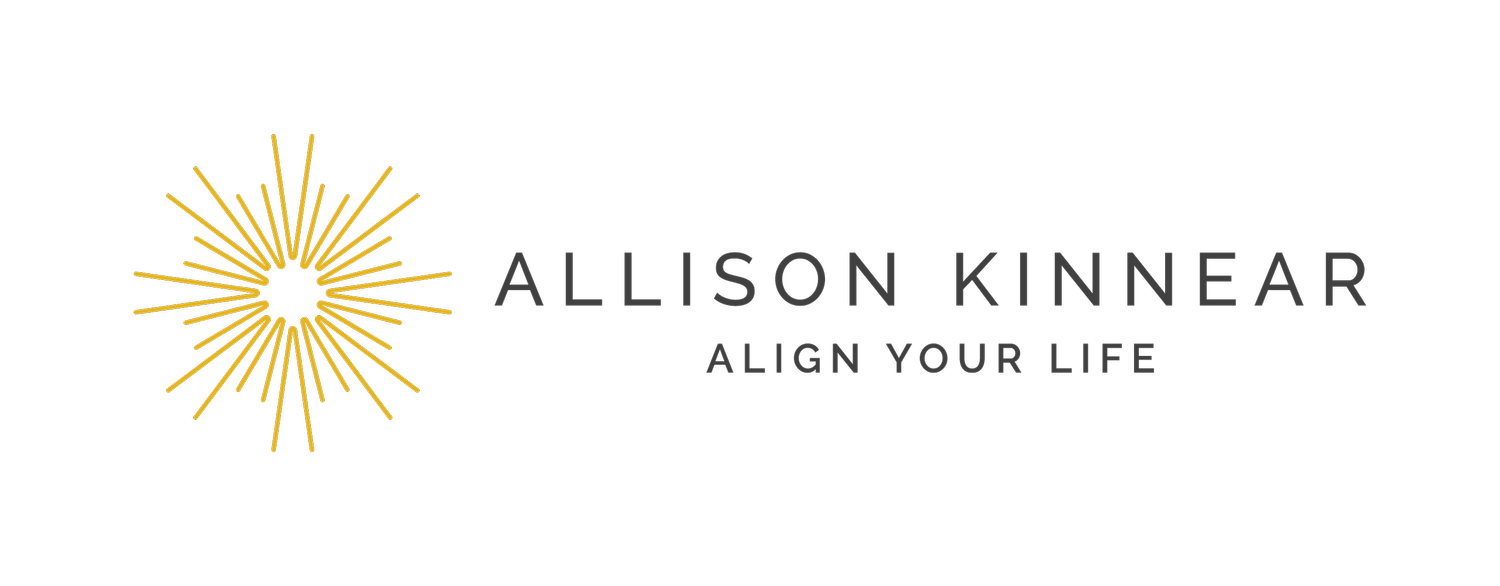(4/7) Impostor Series: Working in a Creative Field
According to Dr. Valerie Young's book The Secret Thoughts of Successful Women, there are seven “good reasons” to feel like an impostor. I invite you to see how many of these resonate with you.
Messages from Childhood
You are a Student or Learner
You Work Alone
4) You Work in a Creative Field
When you work in a creative field, you create something that has never existed before. The demands of innovation, creativity, and pushing the boundaries of what we currently know are part of that creativity.
This is why Impostor Syndrome is more prevalent in industries such as the arts, technology, and science. You are creating something new all the time.
It is also prominent in fields where there may be standards, but the individual needs to get creative in interpreting those standards. Think about law, medicine, and business. The framework is there, but there is much creative work as one interprets precedents and existing knowledge.
If you are building the plane while flying it, as most entrepreneurs, innovators, and creatives do, you may wonder why you were the one chosen to be the pilot. Since you are creating something that hasn't existed before, you are flying directly into unknown territory where your bearings may be unclear.
In such situations, your impact is unknown, and judgment is highly subjective.
What to do:
Embrace the tension. Creating something new will always have an edge of unrest embedded in the process. Every author, actor, business owner, and innovator will tell you that their work never quite feels “done,” and that's OK.
Talk with other creators. When you connect with other creatives in your field through conversation, reading memoirs, or attending events, you gain new language, normalizing the creative process.
Understand creativity. Creative work touches on two of the “good reasons” we've already discussed: learning & working alone. When you're creating, there's usually a steep learning curve and isolation. Remember, it is OK not to know everything and to trust the process.
Messiness is embedded in the creative process. Part of that messiness includes emotional unrest, wondering if this new thing (or your interpretation of a new problem) is good enough. Trust yourself, learn, and readjust.
